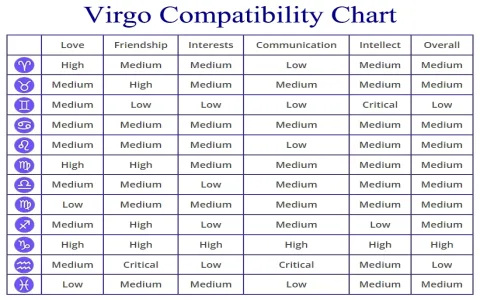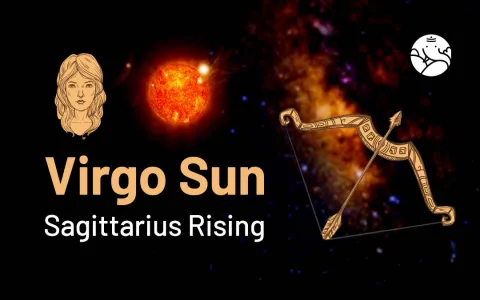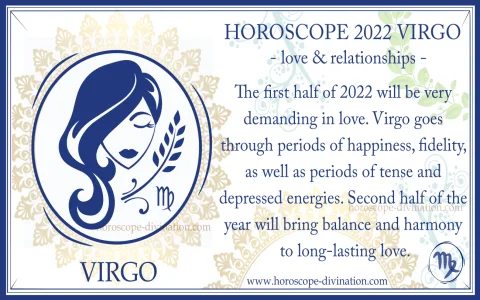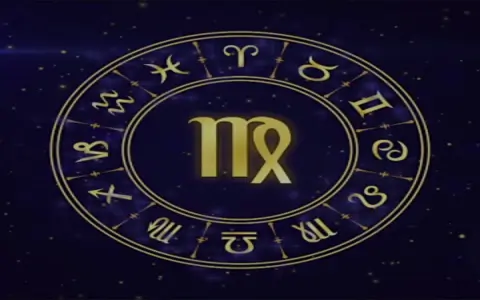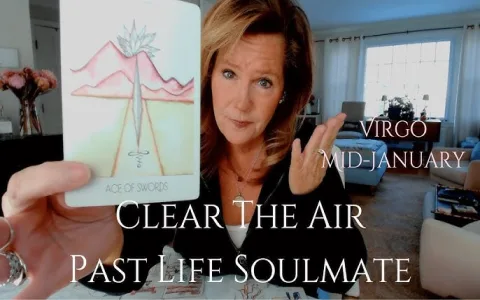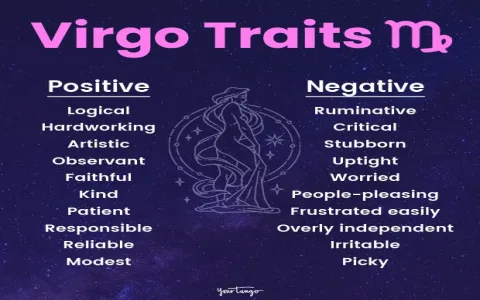Honestly, I never set out to become a relationship guru, especially not one who digs into star signs. My background is actually in logistics, which means I like systems, data, and things that just work. But lately, one of my closest buddies—let’s call her Sarah—has been driving me absolutely nuts, obsessing over her new boyfriend.
Sarah is a textbook Virgo. Meticulous, worries about details, plans everything five steps ahead. Her new guy? A total Aquarius. Head in the clouds, unpredictable, and treats deadlines like suggestions. She kept asking me, “Will this survive long-term? The internet says we’re disastrous!” I watched her stress, and I decided, you know what? If I can map out an international shipping route, I can damn well try to map out their future compatibility. It was an experiment, a practical application of data analysis applied to cosmic nonsense.
Phase 1: Setting Up the Compatibility Engine (Gathering the Ingredients)
I didn’t want the shallow blog post answers. I decided if I was going to calculate a compatibility score, I needed the deep technical specs—the whole birth chart. I immediately hit a wall because Sarah only knew the date, not the time or place the Aquarius guy was born. Turns out, trying to reverse-engineer a soulmate score without accurate data is like trying to build an engine using only general descriptions. Total pain.
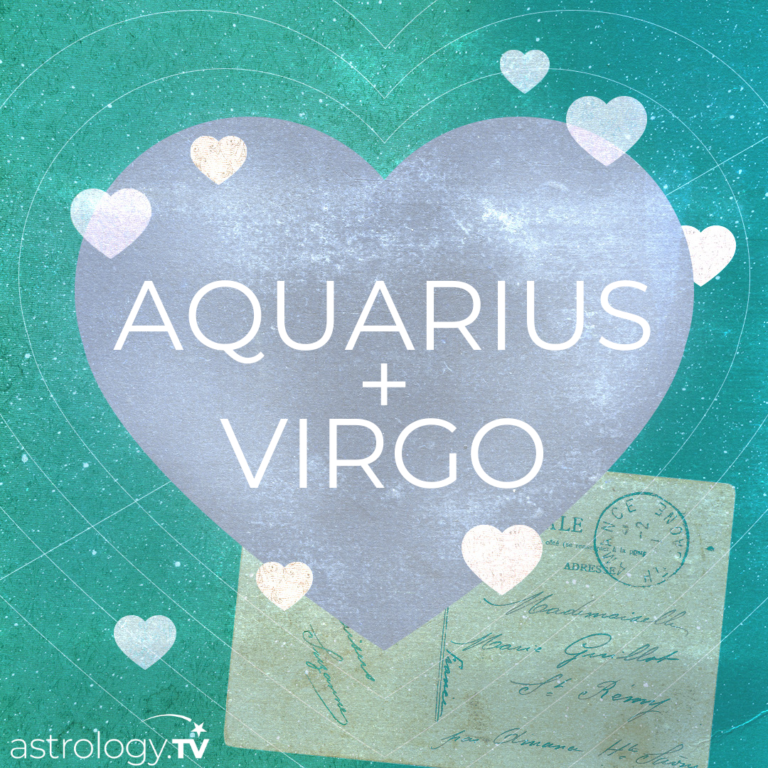
But I persisted. I managed to coax the exact birth data from her boyfriend’s mom—a whole mission in itself. Once I secured the time, date, and location for both of them, I felt like I had enough parameters to start the actual analysis.
My first step was simple: I plugged the data into three different well-known, free chart calculation websites. I wasn’t looking for romance predictions; I was looking for the hard aspects: oppositions, squares, and trines, specifically focusing on their Moon, Mercury, and Venus placements. These, folks, dictate the daily maintenance of a relationship—how they argue, how they communicate love, and how they handle emotional chaos.
Phase 2: Running the Numbers and Hitting the Glitches
This is where the compatibility scoring process got messy, just like every complicated system I’ve ever managed. Each site spat out wildly different initial compatibility scores, ranging from a concerning 45% (pure disaster) to a hopeful 78% (soulmate territory). What the heck?
I realized the problem wasn’t the stars; it was the algorithms used by the calculators. They were emphasizing different parts of the chart:
- Site A heavily weighted the Sun Sign aspect (Earth vs. Air), giving a low score because they clash on core values.
- Site B focused on Trines and Sextiles (easy flow), seeing their Venus in Libra placements as a huge positive for harmony.
- Site C prioritized the challenging Square aspects, giving a middling score, predicting major conflict but also strong growth potential.
So, I had to abandon the generic score entirely and developed my own system, averaging out the core conflicts and synergies I saw repeated across the charts. I focused specifically on the “Fixed” quality of Aquarius versus the “Mutable” quality of Virgo. This dictates how they handle change.
I spent hours cross-referencing the results, synthesizing the data points, and trying to understand why a Virgo’s need for order would constantly bump against an Aquarius’s need for absolute freedom. It wasn’t just a difference; it was a fundamental maintenance conflict.
Phase 3: The Final Score and What It Actually Means
After all that crunching, I finally assigned them a practical, synthesized compatibility score based on the key emotional and communicative challenges. I called it the “Long-Term Operational Viability Score,” and they came in at 59%.
Not disastrous, but definitely requiring hard work.
I shared my findings with Sarah, but I didn’t focus on the percentage. I focused on the practical implications that the chart analysis revealed, which was the real point of the exercise. The chart told me:
- Communication Conflict (Mercury Square): Virgo demands structure in conversation (bullet points, clear deliverables). Aquarius talks in abstract concepts and ignores direct questions if they seem too constraining. This will cause the most friction.
- Emotional Connection (Moon Trine): They actually share a similar, though indirect, way of showing care, meaning they can find common emotional ground if they get past the nitpicking.
- Maintenance Requirement: They both need a lot of space, which saves them. The Virgo needs space to organize; the Aquarius needs space to be weird. If they don’t suffocate each other with expectations, the relationship can coast.
What did I learn from this whole rigmarole? That compatibility scores are just reflections of potential conflict points, not final destinies. When I was going through my own messy situation years ago—the one that forced me to start documenting all my “experiments” here—it wasn’t some external force that failed me; it was the inability of the system (my relationship) to handle unexpected input (stress, pandemics, life changes). This Virgo/Aquarius setup is built on conflicting maintenance instructions. It will survive, but only if they both acknowledge the specific flaws in their shared operating system and actively patch them. Data confirmed: long-term love isn’t magic; it’s persistent, conscious project management.

